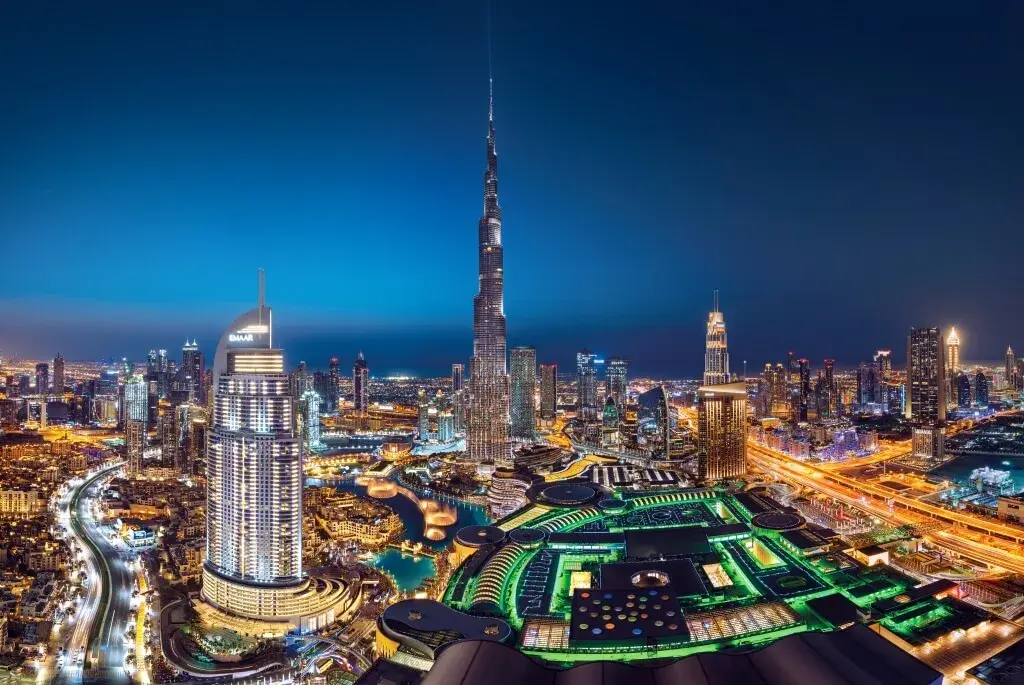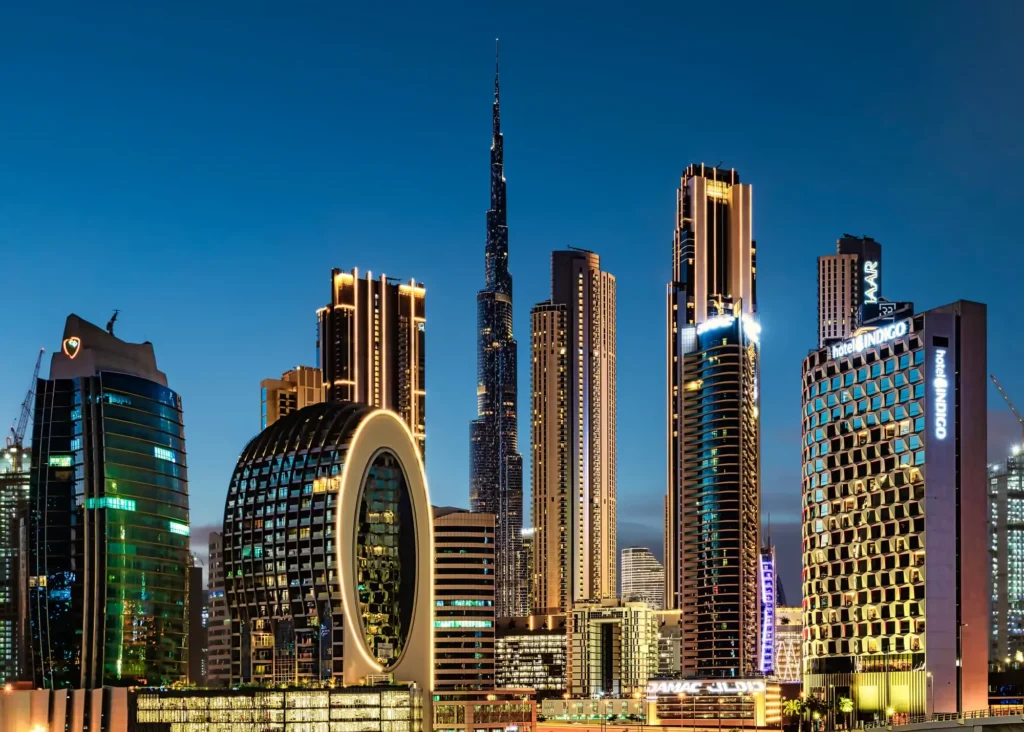
Freehold zones in UAE have transformed the real estate market into a global investment hub. Once a market limited mainly to locals, the introduction of freehold property rights opened the doors for international investors to buy, own, and sell property in designated areas. This move reshaped the UAE’s property sector, making cities like Dubai and Abu Dhabi some of the most sought-after destinations for real estate investment worldwide.
From luxury apartments overlooking the Arabian Gulf to bustling business hubs and mixed-use communities, freehold zones in UAE are fueling foreign direct investment and driving long-term growth. Investors from Europe, Asia, the Middle East, and beyond are now flocking to the Emirates, drawn by transparency, high rental yields, and secure ownership rights.
In this article, we’ll explore how freehold zones work, why they are crucial for foreign investors, and what makes the UAE a global leader in real estate innovation.
Freehold zones in UAE are designated areas where foreign nationals can buy, sell, lease, and inherit property without restrictions. Unlike leasehold properties—where ownership is limited to a set period—freehold ownership provides permanent rights to the buyer.
The concept was introduced in the early 2000s, particularly in Dubai, and has since spread across other Emirates. Today, they form the backbone of the UAE’s real estate market, giving investors confidence and clarity in property ownership.
The rise of freehold zones in UAE is not just about legal ownership—it’s about opportunities. They provide a safe, transparent, and profitable environment for global investors.
Foreign investors are assured of complete ownership backed by UAE law. This reduces uncertainty and builds trust, especially for long-term investors.
Dubai and Abu Dhabi consistently rank among the world’s top cities for rental returns, often offering yields of 6–8%, much higher than in many Western countries.
Property prices in freehold zones have shown steady growth over the years, making them ideal for both short-term profits and long-term investments.
The UAE sits at the crossroads of Europe, Asia, and Africa, making it a global business hub and ensuring consistent demand for real estate.
World-class infrastructure, luxury amenities, tax advantages, and safe living conditions make UAE cities highly attractive to foreign buyers.
Dubai leads the UAE in developing freehold zones, with diverse communities catering to every type of investor.
These freehold zones in Dubai are among the most dynamic real estate markets in the world, attracting buyers from across the globe.
While Dubai pioneered freehold ownership, Abu Dhabi and other Emirates have also embraced this model to encourage investment.
This expansion shows the UAE’s commitment to creating a nationwide investment-friendly property market.

Freehold zones in UAE are not only reshaping real estate but also powering the country’s overall economic growth.
The UAE government has strengthened the freehold system with laws and regulations to protect investors.
These measures give foreign investors confidence that their money is secure in the UAE property market.
While opportunities are abundant, investors should also be aware of potential challenges.
Despite these challenges, the UAE’s strong regulatory framework and consistent demand minimize risks.
Looking ahead, freehold zones will continue to play a central role in shaping the UAE’s real estate market.
The UAE’s commitment to innovation and openness suggests that freehold zones will remain a key driver of growth for decades to come.
Freehold zones in UAE have revolutionized the real estate landscape, transforming the country into a magnet for global investors. With full ownership rights, high returns, and world-class infrastructure, they offer unmatched opportunities for both seasoned and first-time buyers.
From the luxury towers of Downtown Dubai to the scenic waterfronts of Abu Dhabi, freehold zones are reshaping skylines and lifestyles. More importantly, they are powering foreign investment and driving the UAE’s journey toward becoming one of the world’s most dynamic economies.
For anyone looking to invest in property, freehold zones in UAE remain one of the most promising opportunities in global real estate.
Follow us on: Instagram
Read More:-Dubai Housing Boom Is Stoking Fears of Another Crash
